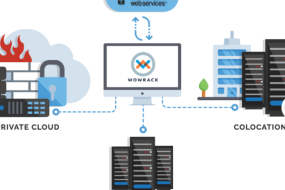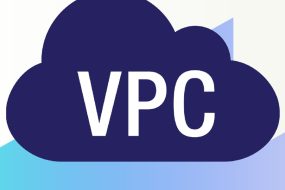
In today’s fast-paced business landscape, small enterprises are harnessing the power of Software as a Service (SaaS) to revolutionize their operations. In this deep dive, we explore how SaaS solutions are transforming small businesses, boosting their efficiency, and driving productivity to new heights.
Unveiling the SaaS Advantage
Small businesses face unique challenges, and SaaS has emerged as a game-changer for them. Here’s how SaaS solutions are leveling the playing field:
Cost-Effective Scalability
Small businesses often operate on tight budgets. SaaS offers cost-effective scalability, allowing companies to pay for only what they need while ensuring they can quickly adapt to growth.
Accessibility and Mobility
In a digital world, mobility is key. SaaS applications can be accessed from anywhere with an internet connection, enabling remote work, collaboration, and real-time decision-making.
Automatic Updates and Maintenance
SaaS providers handle software updates and maintenance, freeing small business owners from the hassles of IT management and ensuring they always have access to the latest features and security patches.
Collaboration Made Simple
SaaS tools offer collaboration features that streamline teamwork. From project management to document sharing, these platforms improve communication and efficiency.
Leveraging SaaS for Business Functions
Let’s delve into how small businesses are integrating SaaS across various functions:
Sales and Customer Relationship Management
SaaS CRM solutions like Salesforce and HubSpot empower small businesses to manage leads, automate follow-ups, and track customer interactions, ultimately enhancing customer relationships.
Marketing Automation
Small businesses can now automate marketing campaigns using SaaS tools like MailChimp and HubSpot. This not only saves time but also ensures more targeted and effective marketing.
Finance and Accounting
Cloud-based accounting software like QuickBooks Online simplifies financial management for small businesses. It provides real-time financial data and offers features for invoicing, expense tracking, and reporting.
Human Resources
SaaS HR solutions like BambooHR and Gusto simplify HR processes, from hiring and onboarding to payroll and benefits management.
Data Security and Compliance
Small businesses handle sensitive data, and SaaS providers understand the importance of security and compliance. SaaS platforms often include:
Robust Security Measures
SaaS companies invest in advanced security features, including encryption, multi-factor authentication, and regular security audits, ensuring your data is protected.
Compliance Support
For industries with regulatory requirements, many SaaS providers offer compliance support, helping small businesses adhere to industry-specific rules and standards.
Final Words
In the small business world, efficiency and productivity are paramount. SaaS solutions are more than just tools; they are enablers of growth. Small businesses can compete with larger counterparts by harnessing the cost-effective scalability, accessibility, and automation offered by SaaS. By leveraging these technologies, small enterprises can streamline operations, reduce costs, and focus on what truly matters: business success.
Commonly Asked Questions
Q1: What is SaaS?
SaaS stands for Software as a Service, a cloud-based software delivery model where applications are hosted and accessed over the internet.
Q2: How can SaaS benefit small businesses?
SaaS provides cost-effective scalability, mobility, automatic updates, and collaboration tools that enhance efficiency and productivity for small businesses.
Q3: What SaaS tools are suitable for marketing automation?
SaaS marketing automation tools like MailChimp and HubSpot help automate marketing campaigns, making them more efficient and targeted.
Q4: Are SaaS solutions secure for small businesses?
Yes, SaaS providers invest in robust security measures, including encryption and multi-factor authentication, to ensure the security of small business data.
Q5: How do I choose the right SaaS solutions for my small business?
To choose the right SaaS solutions, assess your business needs, budget, and scalability requirements. Consider factors like security and compliance as well.
Advertisement







